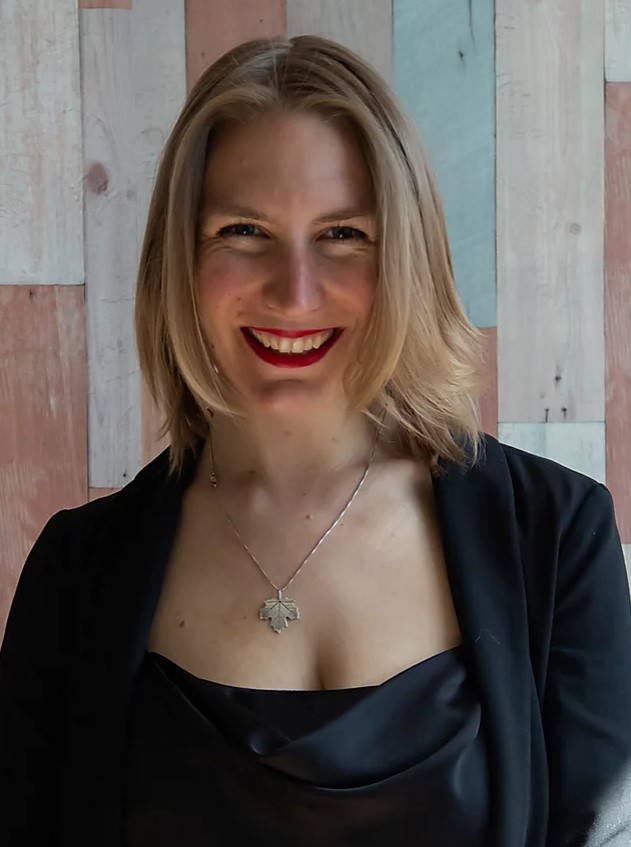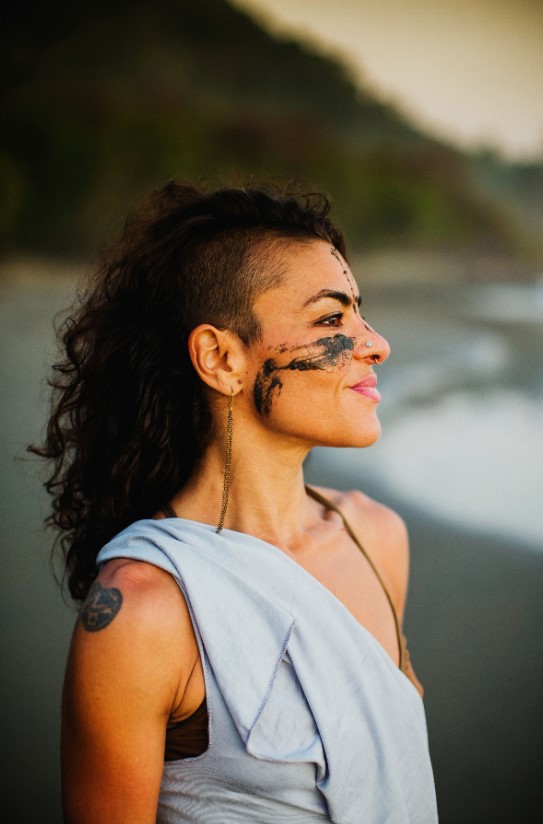By: Marina M. McCoy | Zero-Waste & Recycling Expert

As I am writing this article, we are in the middle of a global pandemic due to COVID-19, which makes living a zero-waste lifestyle a whole lot harder. In saying that, consider these tips and try to adopt some right at this moment. If you can’t do them all, save them for later and once this pandemic is over, try integrating them into your daily life.
The key to living a low-waste lifestyle is introducing it slowly; you don’t want to overwhelm yourself. Anyone can list off certain products you can avoid or buy to live ‘zero-waste,’ but how do you actually get to producing little to no waste?
I’ve created a model that I teach at all my workshops, which has proven to work. Know that this lifestyle does take time, there will be slip-ups, especially during a pandemic, and that is okay; you are still trying.
Reuse what is already around you
- Since we live in a consumer-based society, we always feel like we need to buy something whenever we are adopting new habits. In all reality, we probably have what we need to begin living a low-waste lifestyle already around us.
- For instance, reuse the zip-locks bags you already have, use the big plastic yogurt containers for food storage or bulk shopping. Grab a set of utensils from your kitchen and use them on the go. Look around your house and start to think about all the different ways you can look at waste differently and reuse it into something new.
Practice the hierarchy of ‘Reduce, Reuse, Recycle’
- Start practicing the 3 R’s in order – Reduce, Reuse, Recycle.
- Reduce your purchasing, reuse what you already have, and recycle when you need too.
When purchasing ‘new’
- If you have to buy something ‘new’, look into your local liquidation centers. Liquidation centers rescue items from first-hand stores that would have made it into the landfill. This way, you are redirecting the waste.
- If there are no liquidation centers around you, or you couldn’t find what you were looking for, check out overstock stores like TJ Maxx, Marshalls, HomeGoods, Big lots, Sierra Trading Post etc.
- Lastly, buy products new that are either 100% recyclable, compostable or upcycled from sustainable retailers like Package Free Shop or your local co-op.
Inventory your waste
- The best way to reduce your waste is to learn from your waste, and inventorying your waste is a great first step. Do an initial audit of your waste at hand, including what it is in your fridge, cabinets, trash and recycling. Organize it into categories (plastic, paper, recycling, glass, etc.) What are the most significant contributors? What is reusable verse single-use?
List three things you can eliminate
- Now that you understand your waste, what are three things you can immediately avoid using and purchasing in the future? For instance, plastic Toothbrush, granola bars, gum, etc.
List three things you can reduce
- A zero-waste lifestyle doesn’t just happen overnight, it takes time. It’s impossible to eliminate all your waste right off the bat, that’s why it is important to start reducing a few products you buy on a weekly or daily basis. Buying five cups of yogurt a week? Aim for two the next. Or better yet, switch to the big yogurt containers that you can then reuse for bulk food shopping or food storage.
Introduce composting
- Composting can be introduced at any time throughout your zero-waste process. There are numerous ways to compost, depending on where you are located. There is worm composting, tumbler composting, backyard composting, drop off and pick up composting services. A simple google search will help you identify which option is best for you.
Swap out for zero-waste alternatives
- Once you use what you already have around you, swap for sustainable purchases. I suggest starting in the bathroom and slowly work your way through your kitchen, since that is typical where you have the biggest swaps.
- Look around your house, what can you easily swap out for more sustainable options.
- Plastic toothbrush -> compostable toothbrush
- Plastic wrap -> bee’s wax
- Plastic bulk bags -> reusable cotton cloth bulk bags
- Paper towels/napkins -> cotton hanky
- Plastic utensils -> reusable utensils for on the go
- Zip-lock bags -> silicon stasher bags
Collect your waste
- Now that you have reduced your waste, it is time to start collecting it! I highly suggest doing this step after you have incorporated the above techniques. This is because it can be overwhelming if you start collecting at the beginning of your journey and may discourage you.
- Be sure to keep track of the type of garbage you are producing. I personally started with single-use plastic and collected all items in a mason jar for a month. You can also have a note-pad where you write down what you throw away or recycle daily. Whatever works for you!
Zero-Waste Packs
- The final step to my methodology is having a trusty zero-waste pack with you when you are out and about to help you reduce waste at all times. However, sometimes you don’t want to carry a backpack or purse with you. That’s why I have two different zero-waste packs, one for when I want to be hands-free and another when I don’t mind having a backpack.
- Backpack/purse: water bottle, stainless steel container for food, full utensil set, full-size stasher bags to store leftovers or compost in, cotton hanky for a napkin, reusable bulk bag and tote for last minute shopping.
- Pocket size: in one small Stasher bag, I put a collapsible straw, a collapsible spork, cotton hanky for a napkin, and a bee’s wax food wrap to wrap up any leftover food I may have.
I hope you enjoyed these steps.
To sustainability and beyond!
Marina McCoy is a zero-waste and recycling expert and Founder/CEO of Waste Free Earth. Marina builds zero-waste strategies for events and businesses all throughout the country to help them reduce their overall waste consumption.
You can find her sharing zero-waste tips on her socials including Instagram @sustainabilitybosslady and her website, www.marinamccoy.com


